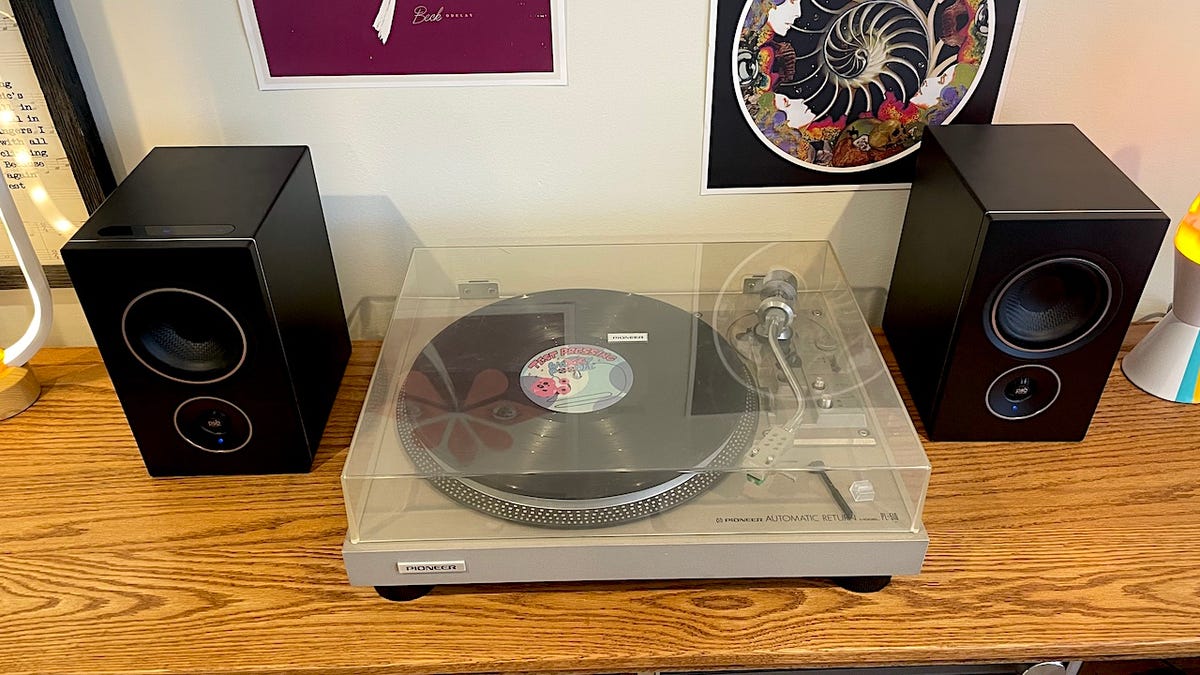How to Fix Invalid Prop Type Error in React with TypeScript
Introduction Building applications using Deno, React, TypeScript, and Tauri can be a fulfilling yet sometimes frustrating experience, especially when dealing with errors such as the 'Invalid prop type' warning in your console. If you're encountering this specific error related to router.Link in your application, you're not alone. Many developers face similar issues while attempting to integrate React Router with other component libraries such as @toolpad/core, and this article aims to elucidate the reasons behind this error and how you can effectively resolve it. Understanding the Issue The error message you're running into, "Warning: Failed prop type: Invalid prop router.Link of type object supplied to AppProvider, expected function", indicates a mismatch between the expected prop type and what is being provided in your application. When components like AppProvider are strongly typed, they expect specific structures for props to ensure type safety, which is a key feature of TypeScript. In your case, the router prop is expected to contain a reference to a Link component, which must be a function, not an object. Here's an exploration of why this might be happening and how to resolve it. Step-by-Step Solution to Fix the Error To address the issue, follow these steps: Step 1: Ensure React Router Installation First, ensure you have the correct version of react-router-dom installed. You mentioned you are using version 7.5.3, which is compatible with the latest features of React Router. You can verify this in your package.json under dependencies: "react-router-dom": "^7.5.3" Step 2: Correct Link Component Usage Instead of passing the Link component as a property within an object to the router, you should pass the actual Link component directly. Here’s an example: import { Link } from 'react-router-dom'; export default function App() { return ( ); } Step 3: Double-check the Function Signature Sometimes, an error can also arise if the Link component is not being imported correctly. Verify the import statement at the top of your file: import { Link } from 'react-router-dom'; Ensure there’s no overlap with similarly named components from other libraries that could cause confusion within your application. Step 4: Prop Validation in AppProvider Check if the AppProvider is structured correctly to accept children. The props definition should ideally look similar to: interface AppProviderProps { router: { Link: typeof Link; }; children: React.ReactNode; // other props... } This ensures that TypeScript recognizes the Link as a function, which conforms to the expected structure. Common Issues and Troubleshooting Here are some common pitfalls when working with React, TypeScript, and routing that may lead to similar issues: Version Conflicts: Ensure that all your packages, especially related to React and routing, are compatible with each other. Type Mismatches: Be aware that TypeScript is strict with types. If you're passing an incompatible type, it will raise an error. Reusability and Composition: If creating higher-order components or wrappers, ensure they properly forward props to maintain compliance with the expected structures. Frequently Asked Questions What do I do if the error persists despite the changes? Ensure to completely stop your development server and restart it after making changes. Use commands like npm run dev or yarn dev to restart your development environment. Can I use third-party Link components instead of React Router's Link? Yes, but you need to create a compatible interface that matches the expected Link prop type in your AppProvider to avoid type errors. How can I check the types for props in TypeScript? Use TypeScript's utility types like React.ComponentProps to infer types for components and ensure they match what your provider or any other component is expecting. Conclusion The 'Invalid prop type: router.Link of type object supplied to AppProvider' error can be a challenging hurdle when developing with Deno, React, TypeScript, and Tauri. However, following the outlined steps will guide you through rectifying the issue with proper prop structures and imports. Remember that type safety is a core feature that enhances the reliability of your applications, so leverage it to maintain maintainable and functional code. Happy coding!

Introduction
Building applications using Deno, React, TypeScript, and Tauri can be a fulfilling yet sometimes frustrating experience, especially when dealing with errors such as the 'Invalid prop type' warning in your console. If you're encountering this specific error related to router.Link in your application, you're not alone. Many developers face similar issues while attempting to integrate React Router with other component libraries such as @toolpad/core, and this article aims to elucidate the reasons behind this error and how you can effectively resolve it.
Understanding the Issue
The error message you're running into, "Warning: Failed prop type: Invalid prop router.Link of type object supplied to AppProvider, expected function", indicates a mismatch between the expected prop type and what is being provided in your application. When components like AppProvider are strongly typed, they expect specific structures for props to ensure type safety, which is a key feature of TypeScript.
In your case, the router prop is expected to contain a reference to a Link component, which must be a function, not an object. Here's an exploration of why this might be happening and how to resolve it.
Step-by-Step Solution to Fix the Error
To address the issue, follow these steps:
Step 1: Ensure React Router Installation
First, ensure you have the correct version of react-router-dom installed. You mentioned you are using version 7.5.3, which is compatible with the latest features of React Router. You can verify this in your package.json under dependencies:
"react-router-dom": "^7.5.3"
Step 2: Correct Link Component Usage
Instead of passing the Link component as a property within an object to the router, you should pass the actual Link component directly. Here’s an example:
import { Link } from 'react-router-dom';
export default function App() {
return (
);
}
Step 3: Double-check the Function Signature
Sometimes, an error can also arise if the Link component is not being imported correctly. Verify the import statement at the top of your file:
import { Link } from 'react-router-dom';
Ensure there’s no overlap with similarly named components from other libraries that could cause confusion within your application.
Step 4: Prop Validation in AppProvider
Check if the AppProvider is structured correctly to accept children. The props definition should ideally look similar to:
interface AppProviderProps {
router: {
Link: typeof Link;
};
children: React.ReactNode;
// other props...
}
This ensures that TypeScript recognizes the Link as a function, which conforms to the expected structure.
Common Issues and Troubleshooting
Here are some common pitfalls when working with React, TypeScript, and routing that may lead to similar issues:
- Version Conflicts: Ensure that all your packages, especially related to React and routing, are compatible with each other.
- Type Mismatches: Be aware that TypeScript is strict with types. If you're passing an incompatible type, it will raise an error.
- Reusability and Composition: If creating higher-order components or wrappers, ensure they properly forward props to maintain compliance with the expected structures.
Frequently Asked Questions
What do I do if the error persists despite the changes?
Ensure to completely stop your development server and restart it after making changes. Use commands like npm run dev or yarn dev to restart your development environment.
Can I use third-party Link components instead of React Router's Link?
Yes, but you need to create a compatible interface that matches the expected Link prop type in your AppProvider to avoid type errors.
How can I check the types for props in TypeScript?
Use TypeScript's utility types like React.ComponentProps to infer types for components and ensure they match what your provider or any other component is expecting.
Conclusion
The 'Invalid prop type: router.Link of type object supplied to AppProvider' error can be a challenging hurdle when developing with Deno, React, TypeScript, and Tauri. However, following the outlined steps will guide you through rectifying the issue with proper prop structures and imports. Remember that type safety is a core feature that enhances the reliability of your applications, so leverage it to maintain maintainable and functional code. Happy coding!






































































